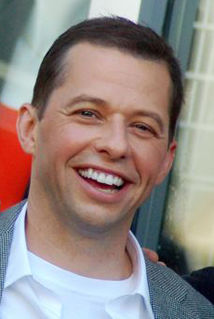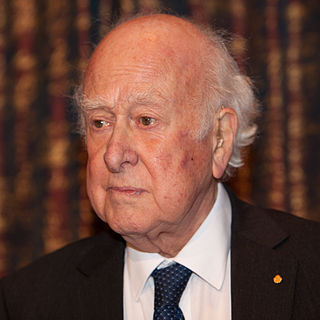A Quote by Deepak Chopra
An atom is a hierarchy of different states of information that define the statistical likelihood of finding a particle here or there at the time of observation.
Quote Topics
Related Quotes
The incomplete knowledge of a system must be an essential part of every formulation in quantum theory. Quantum theoretical laws must be of a statistical kind. To give an example: we know that the radium atom emits alpha-radiation. Quantum theory can give us an indication of the probability that the alpha-particle will leave the nucleus in unit time, but it cannot predict at what precise point in time the emission will occur, for this is uncertain in principle.
In my work, it's simultaneously realities, instead of parallel. Simultaneous avoids the problem of alternate reality. In parallel reality, there's always a hierarchy, and there doesn't necessarily have to be a hierarchy. When you're in a palace like Blenheim, you're supposed to be in awe - why not be in awe of something different than the stuff they're showing you? It's about finding your own existential place.
I believe that every particle of dust that dances in the sunbeam does not move an atom more or less that God wishes - that every particle of spray that dashes against the steamboat has its orbit, as well as the sun in the heavens - that the chaff from the hand of the winnower is steered as the stars in their course. The creeping of an aphid over the rosebush is as much fixed as the march of the devastating pestilence - the fall of...leaves from a poplar is as fully ordained as the tumbling of an avalanche.
That name was a kind of joke, and not a very good one. An author, Leon Lederman, wanted to call it 'that goddamn particle' because it was clear it was going to be a tough job finding it experimentally. His editor wouldn't have that, and he said 'okay, call it the God particle', and the editor accepted it. I don't think he should've have done, because it's so misleading.


































